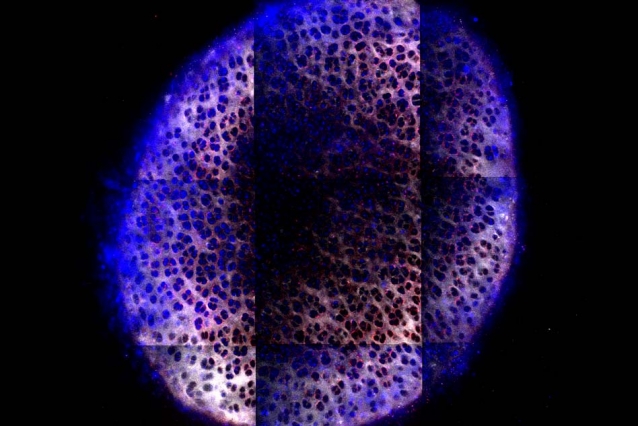
A potential osteoarthritis treatment has been developed by MIT engineers in the form of nanocarriers that can administer drugs directly into cartilage.
Caused by low bone mass due to a cartilage breakdown, Osteoarthritis is a disease that inflicts severe joint pain, affecting more than 20 million people in the United States. Certain drug treatments can help alleviate the pain, but MIT researchers state that there are currently no treatments that can reverse or slow the cartilage breakdown.
By developing nanocarriers that can deliver drugs directly into the cartilage, MIT engineers hope that this advancement will improve the treatment options for osteoarthritis and potentially heal damaged tissue.
Conducting tests on the knee joints of rats, the researchers found that the cartilage in injured joints treated with a nanoparticle-drug combination showed signs of reduction in inflammation and damage.
Noting how the joint found in rats is 100 microns thick, the researchers have also been able to demonstrate the capability to penetrate cartilage up to 1 millimetre.
“That is a very hard thing to do. Drugs typically will get cleared before they are able to move through much of the cartilage,” said Brett Geiger, an MIT graduate student and lead author of the paper. “When you start to think about translating this technology from studies in rats to larger animals and someday humans, the ability of this technology to succeed depends on its ability to work in thicker cartilage.”
To read the full research article on the cartilage-penetrating nanocarriers, click the link below.





